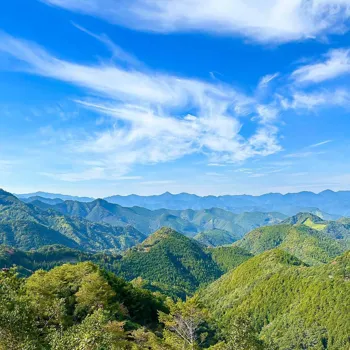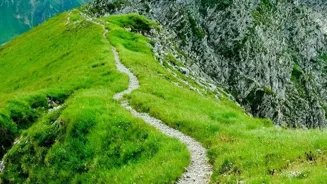Unlocking Travel Safety: Vital Tips for a Secure Journey! Dive into expert advice for worry-free adventures
Travelling, hai na, a big part of the Indian dream! Whether it's the snow-capped Himalayas calling
or the sunny beaches of Goa, we Indians love to pack our bags and explore. But before you get swept away by the wanderlust, thoda safety ka bhi dhyan rakhna (need to take care of the safety as well).
Travel safety isn't just about avoiding big dangers; it's about being aware and making smart choices so your trip remains ekdum (absolutely) enjoyable and hassle-free. So, buckle up, mere dost (my friend), as we dive into some essential tips.
Staying alert and following precautions must be prioritized.
Secure documents, research destination, get insurance, share itinerary, contacts for safety
Firstly, ensure your documents are secured. Always have digital and hard copies of your identity proof, visa and tickets, and keep them separate from one another. Secondly, research your destination thoroughly. Understand the local customs, laws, and emergency contact numbers.

Also, share your itinerary with family or trusted friends. It’s always better to be over-prepared. Moreover, consider investing in travel insurance. Look for policies that cover medical emergencies, trip cancellations, and lost luggage. It is a small price to pay for peace of mind.
If you are going abroad, it is always better if you have the contact of fellow Indians whom you can contact in times of distress.
Manage finances for safe travel: budget, inform bank, cash mix, secure ATMs, use digital wallets wisely
Managing your finances is a crucial aspect of travel planning and safety. It is especially important to have a well-thought-out budget before traveling. One tip is to inform your bank about your travel plans. This ensures your credit and debit cards aren't blocked due to unusual activity.
Carry a mix of cash and cards; don't rely solely on one method. It's wise to divide your money into different locations for better security. Be mindful of using ATMs in unfamiliar areas. Stick to well-lit, secure locations, and always shield the keypad when entering your PIN.
Use digital wallets and payment apps thoughtfully. Consider their safety features and only use them on secure networks. This helps avoid any kind of monetary issues.
Stay connected for safety with local SIM, emergency numbers, apps, and language basics
Staying connected is essential for both safety and convenience. Invest in a local SIM card as soon as you arrive. This ensures you have affordable access to data and local numbers, which are useful for emergencies and navigation.
Familiarize yourself with the local emergency numbers and save them in your phone for quick access. Also, Download useful apps for your travel. Google Maps can help navigate, while language translation apps can ease communication.
Social networking platforms can also help you connect with known trusted people in the country where you are travelling to. It is always a good idea to learn some phrases in the new language you are visiting, it helps you get accustomed better.
Consult doctor, pack meds, be cautious with food & water when traveling
Your health is your wealth, especially when you're traveling. Consult your doctor before your trip to discuss necessary vaccinations and health precautions. Pack a comprehensive first-aid kit with essentials like pain relievers, antiseptic wipes, band-aids, and any prescription medications.
Keep all medications in their original packaging with a copy of your prescription, especially if traveling internationally. Be mindful of food and water safety. Only drink bottled or purified water, and carefully choose where you eat. Avoid street food stalls that appear unclean.
If you have any allergies or specific health conditions, carry a medical alert bracelet or card. Inform your travel partners and family about your condition.
Respect local customs in a new environment; follow laws, dress modestly, learn local phrases
Blend in with the local customs and traditions of the new environment that you are entering to. This involves respecting local laws, dressing appropriately for religious sites, and being mindful of cultural norms. Dress modestly, especially while visiting religious sites or more traditional areas.
This shows respect and helps you avoid unwanted attention. Also, learn a few basic phrases in the local language; it can be extremely helpful and is usually appreciated by locals. Be aware of the local laws and customs.
Actions that are acceptable in India might be offensive or illegal in another country. Be respectful of cultural events and festivals. Ask for permission before taking photos of people, especially in religious or private settings.
AI Generated Content. Glance/InMobi shall have no liability for the content












